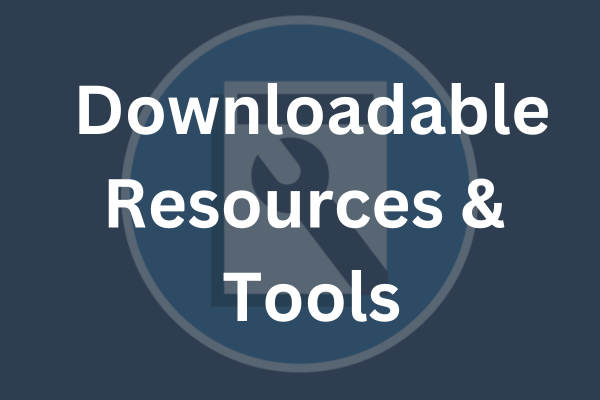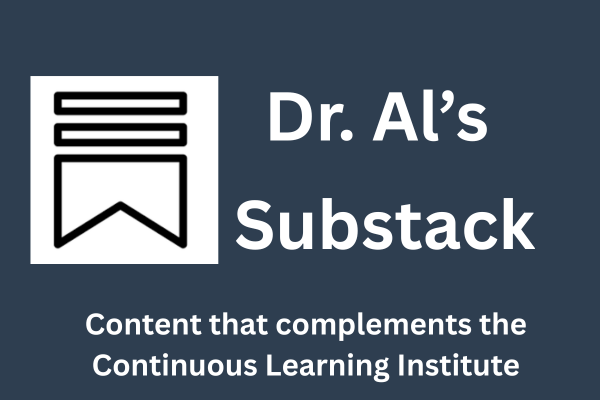Online Learning Equitable Practices with Maritez Apigo

LISTEN TO THE EPISODE:
Learn how to create an equitable online learning environment.
In this episode, I interview Maritez Apigo, English Faculty and Distance Education Coordinator at Contra Costa College.
Correction: on 47:57, the survey showed 20% of students wanted on-campus instruction, not online classes.
(Scroll down to access the transcript.)
We discuss the following topics:
8:05:00: Effective Online Teaching Practices
Caring & Kindness is key through:
- Welcome package for students
- Intro video
- Liquid syllabus
- Due date flexibility, when needed
- Asset-based language; avoid deficit-based, punitive language
- Survey students the first week to learn about them
- Be proactive about who might need additional support
- 1-on-1 tutorials, as needed
- Provide weekly video updates for students
- Community-centric via student-to-student interaction opportunities
- Peer-to-peer feedback
- Student-generated videos and collaboration via Flipgrid
- Group projects
- Balance between synchronous and asynchronous time: office hours leveraged as writing conferences (i.e., tutoring/review sessions)
Online Student Voice Project findings for instructors:
- Be clear and organized
- Provide details, details, details
- Be present
- Show your personality
- Provide constant reminders
Key student quote: "You can tell which teachers want you to succeed."
Resources mentioned:
Culturally responsive teaching:
Geneva Gay and Zaretta Hammond
Humanizing online instruction:
Michelle Pacansky-Brock
Humanizing Your Online Courses with Flipgrid
More resources:
Conveying Care Online
Beyond Lectures: Synchronous Student-to-Student Interaction
Beyond Discussion Forums: Asynchronous Student-to-Student Interaction Online
29:03:50: Addressing the Pushback Against Online Learning
- Flexible due dates & cheating
Resources mentioned:
Equity in Grading
Ungrading
38:14:25: What is HyFlex?
Resource:
Hybrid-Flexible Course Design
43:10:00: What is a liquid syllabus?
Resource:
Liquid Syllabus
44:41:25: Online Debate Camps
- Online isn't the primary cause of low-enrollments. It's the pandemic.
- What do the majority of your students say at your college?
- Students responses may change as the pandemic gets better.
Select Professor Apigo quotes:
"Instructors need to convey that they care. Students really need to know that they have an instructor who wants them to succeed, who cares about their success."
"If an instructor is not really present and the course design is set up to be this self-paced thing where you look at some videos, read some material, take a quiz and move on, and students never really actually get to hear from the instructor, it isn't going to convey any kind of care."
"Focus on building rapport and trust with students, and still holding high expectations for them."
"Intentionally design activities for students to work together, doing things that's going to foster relationship-building between them, fostering a classroom community that they feel they're a part of and they belong to."
"We have to recognize that our students come to our classrooms with so much. They have rich cultures, life experiences, backgrounds, and identities. So how can we design our online courses to build off of what they bring? That's the approach that I go in when I design my student-to-student interaction."
"It's important to really think creatively about going beyond those traditional asynchronous whole class discussion forums, which online teaching has been using for years and years because they don't really foster that connection in the relationship building that we hope to see."
"In terms of cheating concerns, it's important to think about how to design assessments so that not every single student is turning in the same thing and that it goes really beyond rote memorization and only one answer. Integrate more critical thinking and authentic assessments."
"Grading really takes away so much of the learning that really should be the focus of our classes. Instead, students are working for points rather than working to learn and so to bring it back to a focus on learning is so important. Grades have traditionally been designed to weed students out right to create a competitive environment among students, when instead, we should be looking more towards where not only some of the students succeed, but that every single student in the class can succeed and can learn."
About Maritez Apigo
For over two decades, Maritez has taught English and ESL in community colleges, high schools, and middle schools in California and in Hawaii. She has been teaching online since earning her master’s in English and TESOL from San Francisco State University, and she holds an Online Network of Educators (@ONE) Certificate in Online Teaching and Design and an @ONE Advanced Certificate in Online Teaching Principles. Currently, she is the Distance Education Coordinator, the Open Educational Resources (OER) Coordinator, and an online and hybrid English Professor at Contra Costa College. She trains faculty in online teaching pedagogy at the college, district, and state levels. She is an @ONE Online Course Facilitator of four courses and an Online Course Reviewer. Her passions for social justice, equity, innovation, and student success are illuminated in her work. When she's not teaching students or training faculty, you might discover her behind two turntables DJing, in the dance studio working on her dance technique, or at a soccer field cheering on her two young children.
Twitter: @maritezapigo
About Dr. Al Solano
Al is Founder & Coach at the Continuous Learning Institute. A big believer in kindness, he helps institutions of higher education to plan and implement homegrown practices that get results for students by coaching them through a process based on what he calls the "Three Cs": Clarity, Coherence, Consensus. In addition, his bite-sized, practitioner-based articles on student success strategies, institutional planning & implementation, and educational leadership are implemented at institutions across the country. He has worked directly with over 50 colleges and universities and has trained well over 5,000 educators. He has coached colleges for over a decade, worked at two community colleges, and began his education career in K12. He earned a doctorate in education from UCLA, and is a proud community college student who transferred to Cornell University.







